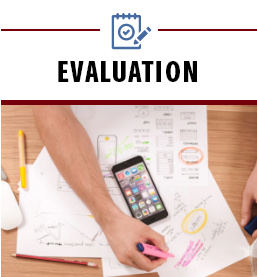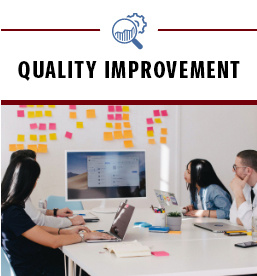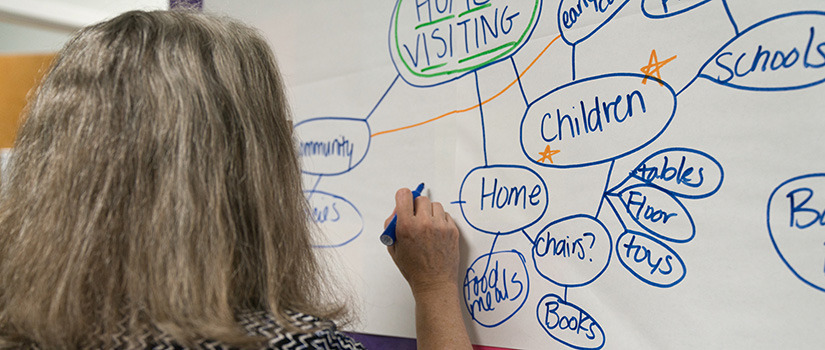At CARE, data drives the action. Through qualitative and quantitative methods, CARE offers collaborators both hard numbers and human understanding, creating the full picture required to move forward.
CARE helps its collaborators to improve public health practice and systems through:
- Evaluating the implementation of programs and initiatives in real world settings
- Engaging communities in all phases of evaluation
- Developing and conducting surveys, focus groups, interviews, and observations
- Managing and analyzing data
- Utilizing cutting edge evaluation techniques like Return on Investment and Ripple Effect Mapping
- Continuous quality improvement services, including process mapping
- Group facilitation, especially in the strategic planning process
-

Proven Methodology
For decades, CARE has studiously honed both its practices and approach to evaluation, building a foundation of understanding that benefits our partners.
-

Professional Toolbox
Our team has the expertise and capacity to tackle complicated public health challenges requiring a nuanced and holistic understanding of an ever more complex world.
-

Trusted Team
We know how important your work is to you, which is why we put our collaborators at the forefront of the evaluation process. We offer our experience and expertise, but you are the captain of your ship and we respect that.
Our History
The Center for Applied Research and Evaluation (CARE) has been a valued partner for over 30 years. While we have evolved in both name and through mergers, our commitment to high quality evaluation and research, collaborative partnerships, and community engagement remains. CARE has a longstanding history of working with community based organizations and non-profits, state agencies, and academic partners to improve the health of our state and local communities.
Our origins date back to 1992, when the Center for Health Policy was formed as an interdisciplinary initiative to address public health challenges in South Carolina. The center brought together USC’s School of Public Health, School of Medicine, and other colleges and departments across the University. In the following years, the center evolved into the Center for Health Services and Policy Research (1996) and merged with the Arnold School of Public Health’s Office of Public Health Practice in 2015. These changes reflect our broadened scope of services and expanded our capacity, skills, and expertise. Throughout these periods of growth and change, what has remained constant is the extraordinary value we place on our collaborations with academic, healthcare, and community partners.
